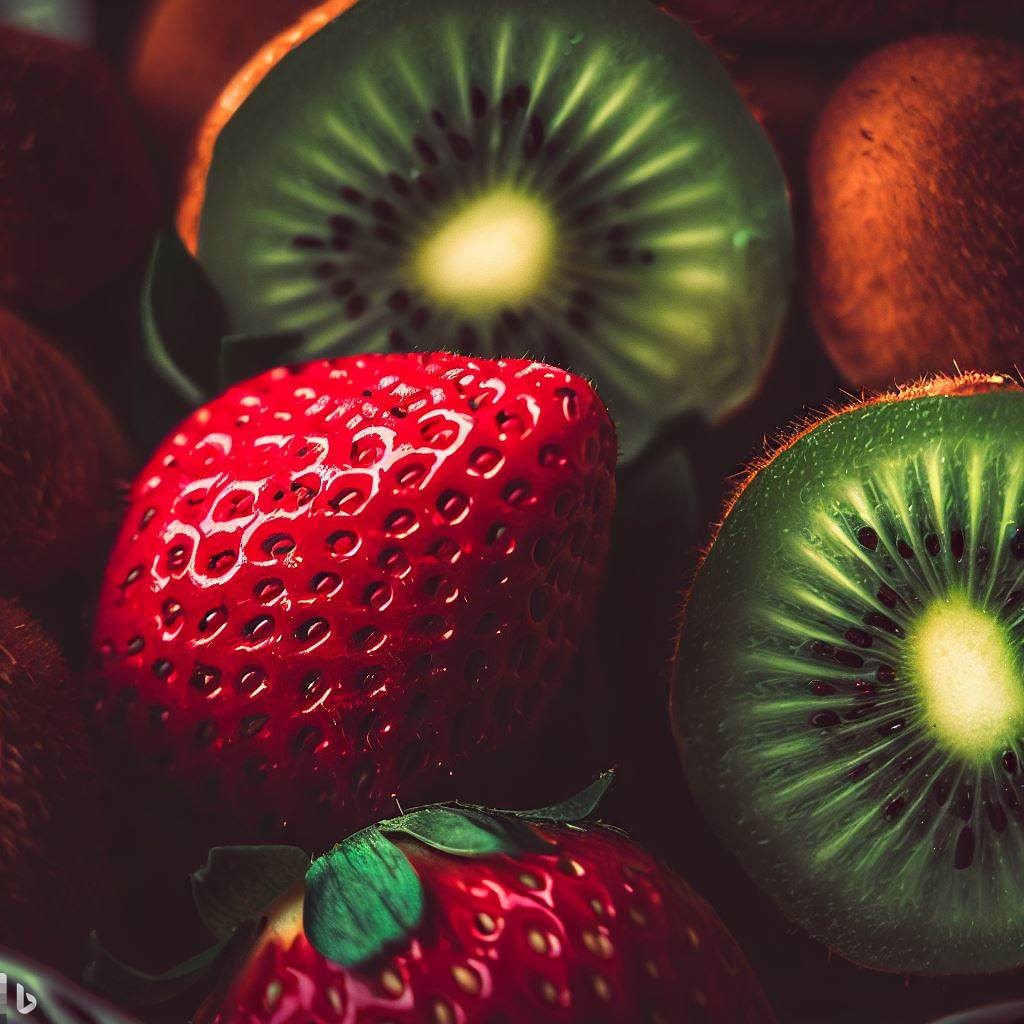Blog Post Outline: Is Kombucha Keto?
- I. Introduction – Is Kombucha Keto?
- II. Understanding the Ketogenic Diet
- III. The Nutritional Composition of Kombucha
- IV. Evaluating Kombucha for Keto-Friendliness
- V. Kombucha Varieties and Their Keto Suitability
- VI. Incorporating Kombucha in a Ketogenic Diet
- VII. Conclusion
- VIII. FAQ
Diving into the Understanding of: Is Kombucha Keto?

I. Introduction
With the rise in popularity of the ketogenic diet, many people are wondering whether kombucha can be incorporated into their keto lifestyle. In this blog post, we will explore the relationship between kombucha and the ketogenic diet, examining its nutritional composition, carbohydrate content, and its suitability for those following a keto diet. So lets dive in, Is Kombucha Keto?
II. Understanding the Ketogenic Diet
The ketogenic diet is a low-carbohydrate, high-fat diet that aims to induce a state of ketosis in the body. In ketosis, the body shifts from using carbohydrates as its primary fuel source to utilizing fats. By severely restricting carbohydrates and increasing fat intake, the body starts producing ketones, which become the primary source of energy.
The benefits of following a ketogenic diet include weight loss, improved insulin sensitivity, increased mental focus, and reduced inflammation. To achieve and maintain ketosis, it is crucial to limit the intake of certain foods high in carbohydrates.
III. The Nutritional Composition of Kombucha
Before we delve into the keto-friendliness of kombucha, let’s take a closer look at its nutritional composition. Kombucha is a fermented beverage made from tea, sugar, and a culture of bacteria and yeast known as a SCOBY (symbiotic culture of bacteria and yeast).
Kombucha is primarily composed of water, acetic acid, lactic acid, vitamins, minerals, and a small amount of alcohol produced during fermentation. It also contains a minimal amount of macronutrients, including carbohydrates, proteins, and fats.
IV. Evaluating Kombucha for Keto-Friendliness

When considering whether kombucha is keto-friendly, the carbohydrate content is the primary factor to examine. Carbohydrates can disrupt ketosis, as they are broken down into glucose, raising blood sugar levels and inhibiting the production of ketones.
The carbohydrate content of kombucha varies depending on the brewing process, fermentation time, and any added flavors or sugars. While kombucha is generally considered low in carbohydrates, it is crucial to evaluate its impact on ketosis.
One aspect to consider is the sugar used during fermentation. Although the majority of the sugar is consumed by the SCOBY, some residual sugar may remain in the final product. The longer the fermentation process, the lower the sugar content in the kombucha.
V. Kombucha Varieties and Their Keto Suitability
It’s important to note that not all kombucha is created equal when it comes to its keto suitability. Different kombucha varieties and flavors can have varying levels of carbohydrates and sugar.
Traditional kombucha, brewed with black or green tea, typically has the lowest carbohydrate content, as the majority of the sugar is consumed during fermentation. However, flavored kombucha, such as those infused with fruit juices or additional sweeteners, may have higher carbohydrate levels.
The fermentation process plays a significant role in the carbohydrate content of kombucha. The longer the fermentation, the more sugar is consumed by the SCOBY, resulting in a lower carbohydrate content. Therefore, kombucha with shorter fermentation times may have higher carbohydrate levels.
VI. Incorporating Kombucha in a Ketogenic Diet
While kombucha can be enjoyed on a ketogenic diet, moderation and portion control are essential. Here are some tips for incorporating kombucha into a keto lifestyle:
- Track carbohydrate intake: To ensure you stay within your daily carbohydrate limit, track the carbohydrates from kombucha along with other foods you consume.
- Choose homemade kombucha: Making your own kombucha allows you to control the ingredients and fermentation time, resulting in a potentially lower carbohydrate content. The longer you ferment, the lower the sugar content in kombucha but the more acidic the brew becomes.
- Consider other beverage alternatives: If you find it challenging to fit kombucha into your carbohydrate limit, consider other low-carb, keto-friendly beverages like herbal teas or sparkling water.
VII. Conclusion
In conclusion, kombucha can be a part of a ketogenic diet when consumed in moderation and within the daily carbohydrate limit. Its low carbohydrate content, especially in traditional varieties, makes it a potentially suitable choice for those following a keto lifestyle. However, it is crucial to be mindful of the fermentation time, added flavors, and sugar content in flavored kombucha.
While kombucha offers potential health benefits, including probiotics and antioxidants, it is essential to evaluate its impact on your specific dietary goals and consult with a healthcare professional if necessary.
VIII. FAQ – Is Kombucha Keto?

Q1: Can I drink any type of kombucha on a ketogenic diet? A1: While traditional kombucha brewed with black or green tea is generally lower in carbohydrates, flavored kombucha may have higher carbohydrate levels due to added sugars or sweeteners. It’s important to check the nutrition label or brew your own to ensure it aligns with your keto goals.
Q2: How much kombucha can I drink on a ketogenic diet? A2: The amount of kombucha you can drink on a ketogenic diet depends on your daily carbohydrate limit. It’s essential to track the carbohydrates from kombucha along with other foods and beverages to ensure you stay within your desired range.
Q3: Can I make my own kombucha to ensure it is keto-friendly? A3: Yes, making your own kombucha gives you control over the fermentation process and ingredients used. By extending the fermentation time and limiting added sugars, you can potentially create a kombucha with a lower carbohydrate content.
Q4: Are there any alternatives to kombucha on a ketogenic diet? A4: Yes, if kombucha doesn’t fit into your carbohydrate limit or dietary preferences, there are several other beverage alternatives that are keto-friendly. Some options include herbal teas, unsweetened sparkling water, or homemade infused water.
Q5: Should I consult a healthcare professional before incorporating kombucha into my ketogenic diet? A5: It’s always a good idea to consult with a healthcare professional, especially if you have specific dietary goals or health conditions. They can provide personalized advice based on your
Thanks for reading this Greek Mountain Kombucha article on: Is Kombucha Keto? Read some other related articles today!







